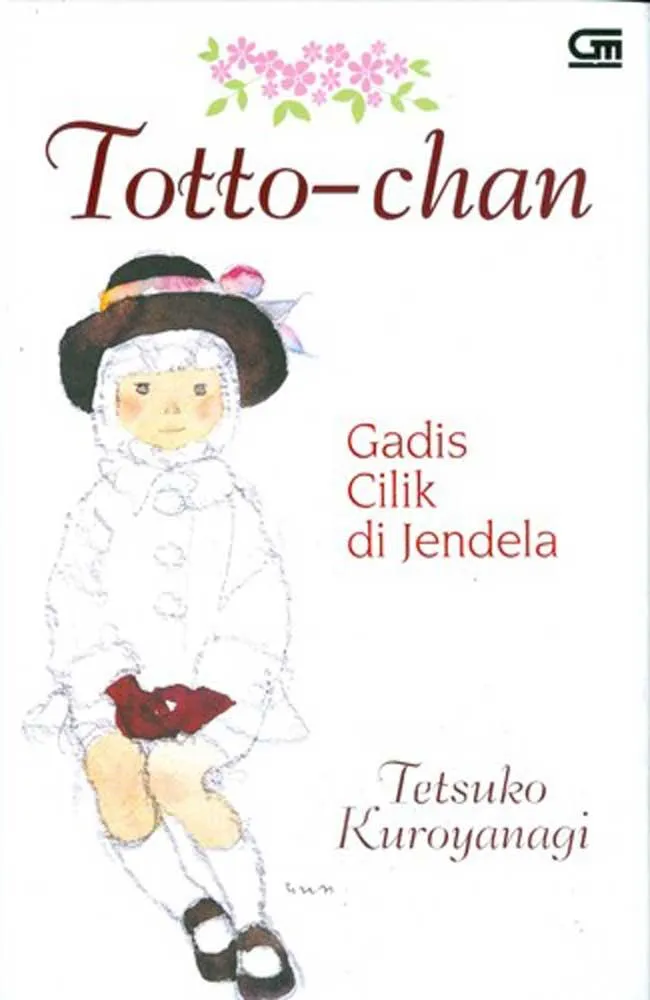Totto-chan: The Little Girl at the Window

Author: Tetsuko Kuroyanagi , Chihiro Iwasaki (Illustrator) , Dorothy Britton (Translator)
Category: Nonfiction, Children
Language: Indonesian
Publication Year: 1981
Pages: 272
Description:
"Totto-chan: The Little Girl at the Window" by Tetsuko Kuroyanagi is an utterly charming memoir that takes us through the whimsical, humorous, and touching experiences of a young girl in post-war Japan. Totto-chan, a bit of a troublemaker by regular school standards, is expelled early on but soon finds herself at an unconventional school called Tomoe Gakuen, run by the wise and understanding headmaster Sosaku Kobayashi.
The beauty of the book lies in how Kuroyanagi recounts her childhood with such vivid details that readers can't help but fall in love with Totto-chan's innocence, curiosity, and mischief. The school she attends is no ordinary one: classrooms are train cars, and lessons are tailored to the unique strengths and needs of each child. Mr. Kobayashi, the headmaster, stands out for his belief in nurturing a child’s individuality rather than suppressing it, which was rare at the time.
The story is filled with little adventures and meaningful moments that show how much the environment and the people around Totto-chan influenced her growth. From the friendships she forms with her classmates to the delightful oddities of her school, every chapter offers a fresh glimpse into a world where education is more about experience than rote learning. Kobayashi’s progressive teaching philosophy of letting children explore their curiosities freely is both heartwarming and inspirational.
What makes this memoir particularly endearing is its simplicity. There is no overwhelming drama or over-the-top emotions. Instead, it offers a series of snapshots from Totto-chan’s life, allowing the reader to reminisce about their own childhood, with all its quirks, confusion, and pure joy. The writing itself is straightforward, as if Kuroyanagi is speaking directly to you, recalling a dear memory.
There's also a subtle layer of melancholy beneath the nostalgia, as Tomoe Gakuen eventually gets destroyed during the war, a reminder of how fleeting and fragile childhood can be. Still, the book leaves readers with a sense of hope—Totto-chan grows up to become a well-known TV personality and an advocate for children with disabilities, showing how her early experiences at Tomoe helped shape her into someone who cherished diversity and kindness.
In short, "Totto-chan" is both a tribute to a unique educational approach and a touching memoir of a mischievous child who simply wanted to look out the window. It’s a refreshing, light read that gives you hope in the power of compassion and understanding, and might even make you wish you had your own Mr. Kobayashi back in your school days.
Personal Notes:
First published January 1, 1981
Back to Home